Marriage Story, directed by Noah Baumbach and starring Adam Driver and Scarlett Johansson, explores the tenuousness of familial relationships once the couple at the core no longer loves each other. The film bears some resemblance to Kramer vs. Kramer (1979), which was directed by Robert Benton and stars Dustin Hoffman and Meryl Streep. Kramer vs. Kramer deals with the dissolution of a marriage but spends more time on the father-son relationship that remains once it's over.
Even though the two films are about the inevitable collateral damage that occurs when love is lost, they diverge in how these stories are told. Here are five ways Marriage Story is better than Kramer vs. Kramer, and five reasons why Kramer vs. Kramer is the better movie.
10 Marriage Story: Shows Negative Impact Of Distance On Father-Son Relationship
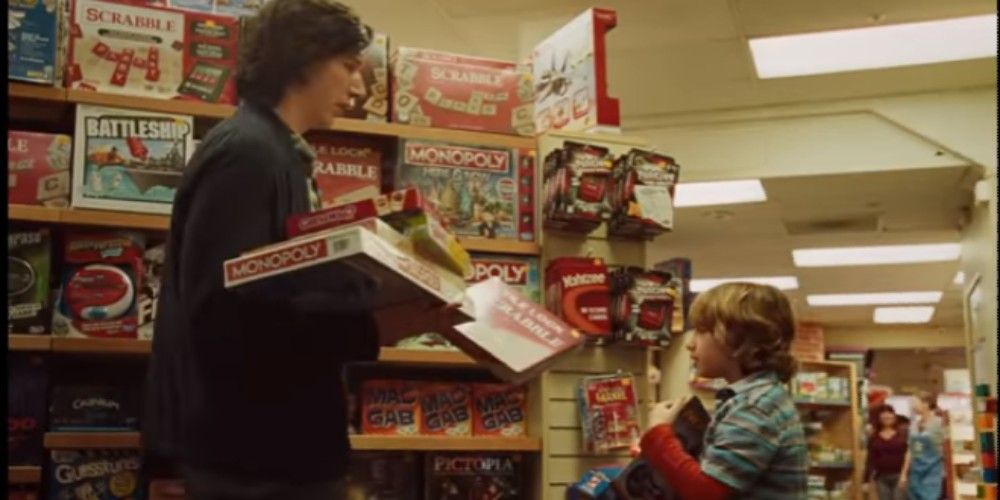
Marriage Story establishes upfront that Charlie (Driver) is a good father, but he's not always entirely engaged with his son, Henry(Azhy Robertson) . He'll sleep in Henry's room when he has a nightmare but stops short of allowing the intimacy of physical contact. The divorce creates a fissure in their relationship, and their bond evolves into something obligatory and smothering. Marriage Story makes Charlie the odd man out, and his frustrations overshadow almost every interaction with his son. The distance between them isn't just physical, it's emotional.
9 Kramer: Chronicles Father-Son Bonding
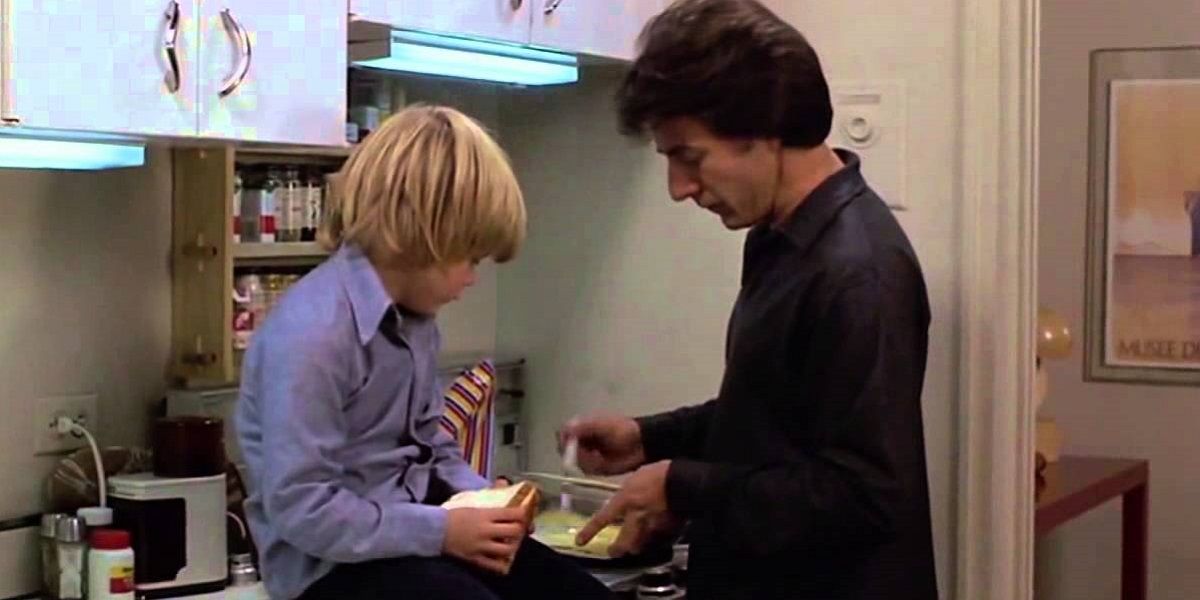
Ted (Hoffman) considers himself a good father because he's the provider, leaving the day-to-day nurturing and caretaking to Joanna (Streep). Kramer vs. Kramer is Dustin Hoffman's movie. It's about how Joanna's actions affect him, including leaving him to raise their son. Once she's gone, Ted has no choice but to fill her role, and his initial resentment at the inconvenience of the situation gives way to a deeper bond between father and son. They are both casualties of Joanna's absence. Ted's eyes are opened to his failings as a husband, making his transformation from disengaged parent and chauvinistic self-centered spouse into a devoted dad and penitent ex.
8 Marriage Story: Digs Deeper Into The Ugliness Of Divorce
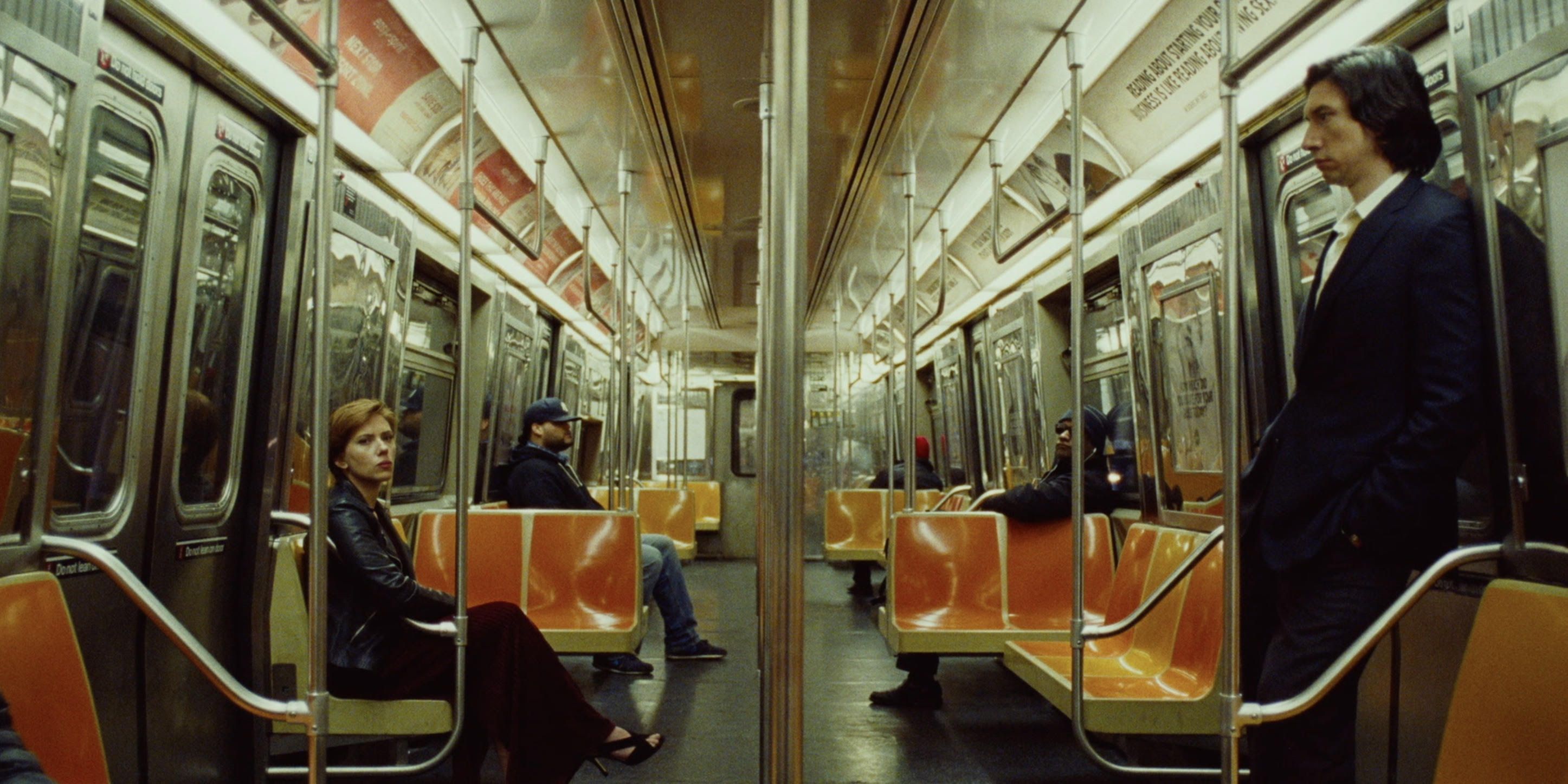
At the start of both movies, the marriages between the central characters are over. For Ted, Joanna's decision to leave comes as a blindside while Charlie and Nicole (Scarlett Johansson) both acknowledge their marriage has been deteriorating for some time.
Marriage Story is about the emotional brutality of divorce, painting a much more in-depth picture of a union broken beyond repair. Nicole and Charlie may not be any more accepting of their flaws, but they both have them. He's an egotistical, moody, philandering artist, consumed with his work. She's demanding, duplicitous, dissatisfied and ungrateful. Neither is a villain nor a hero. Nobody is cheering for one over the other because when it comes to breaking up a family, there are no winners.
They both go on, two imperfect people who are connected for life, like it or not. Kramer vs. Kramer oversimplifies the cause of Ted and Joanna's divorce: he was emotionally unavailable, leaving her lonely and unfulfilled.
7 Kramer: A Better Child Actor
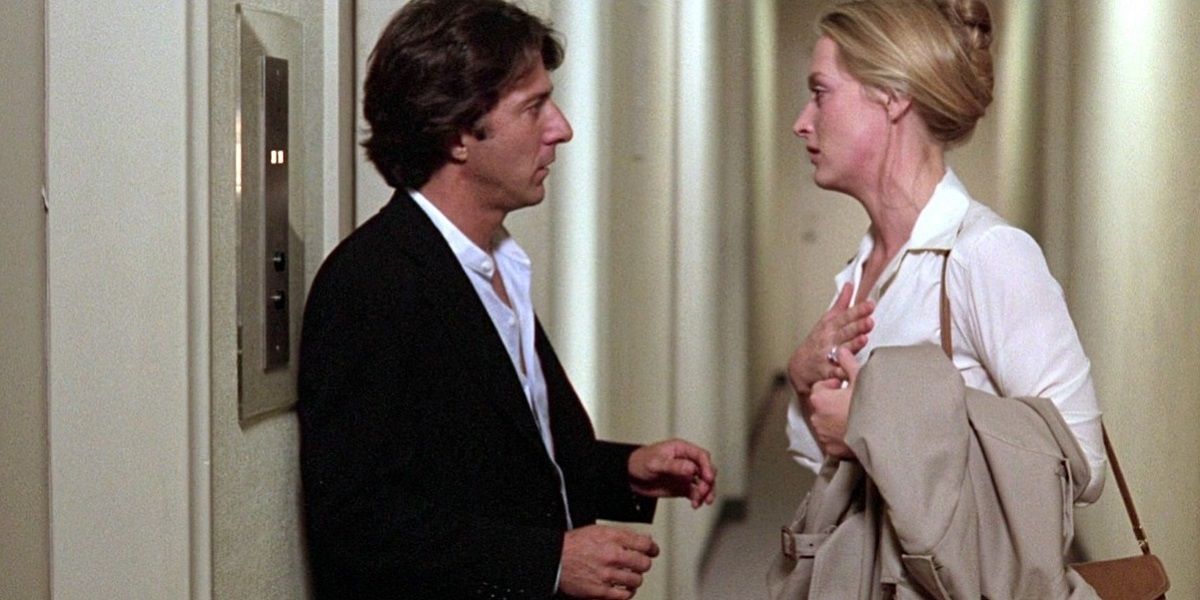
Kramer vs. Kramer, despite the title, isn't as much about divorce and a custody battle as it is about Billy (Justin Henry) and Ted's relationship, and how it evolves after Joanna abandons them both. Justin Henry, who earned an Oscar nomination for his role, acts out, but the audience understands he's angry and taking it out on the only person available, Ted.
Billy and Ted don't know or even like each other at first. Joanna serves as a buffer between them, but in her absence, Ted begins to see Billy as his own person as well as an extension of himself. At times, Billy is a brat, but then he has these moments of intuitiveness and maturity that exceed his age.
6 Marriage Story: Emotionally Charged Interactions Between Husband And Wife
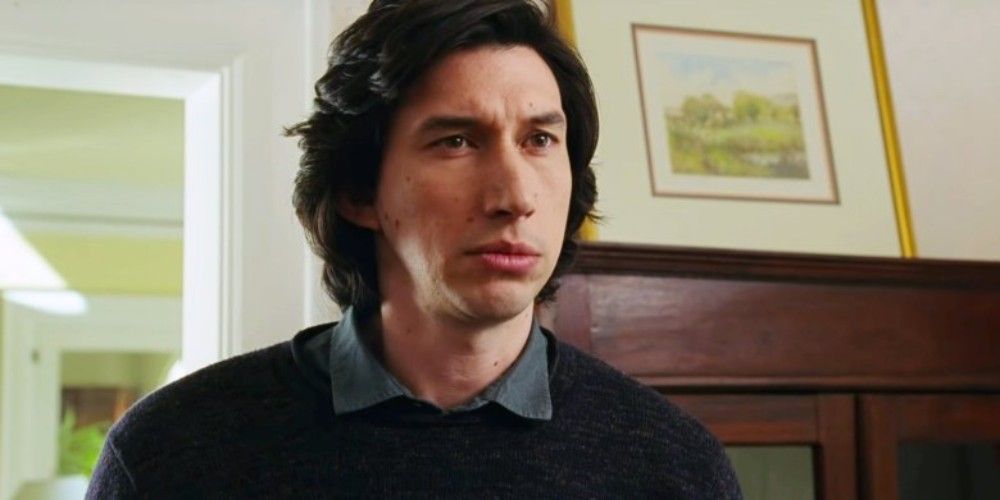
Joanna doesn't give Ted time to react to the news she's leaving. They don't get any cathartic scenes that give their marriage some sort of closure, unlike the scene between Charlie and Nicole which starts as an attempt to discuss custody and devolves into a vivisection of each other and their time together as husband and wife.
The attacks are the kind that only people who know each other intimately can make because they understand what hits will leave a lasting mark. To fully grasp what's been lost, the audience must understand where Charlie and Nicole start as a couple and what destroys them. Kramer vs. Kramer glosses over the marital discord.
5 Kramer: Streep Carries Courtroom Scenes
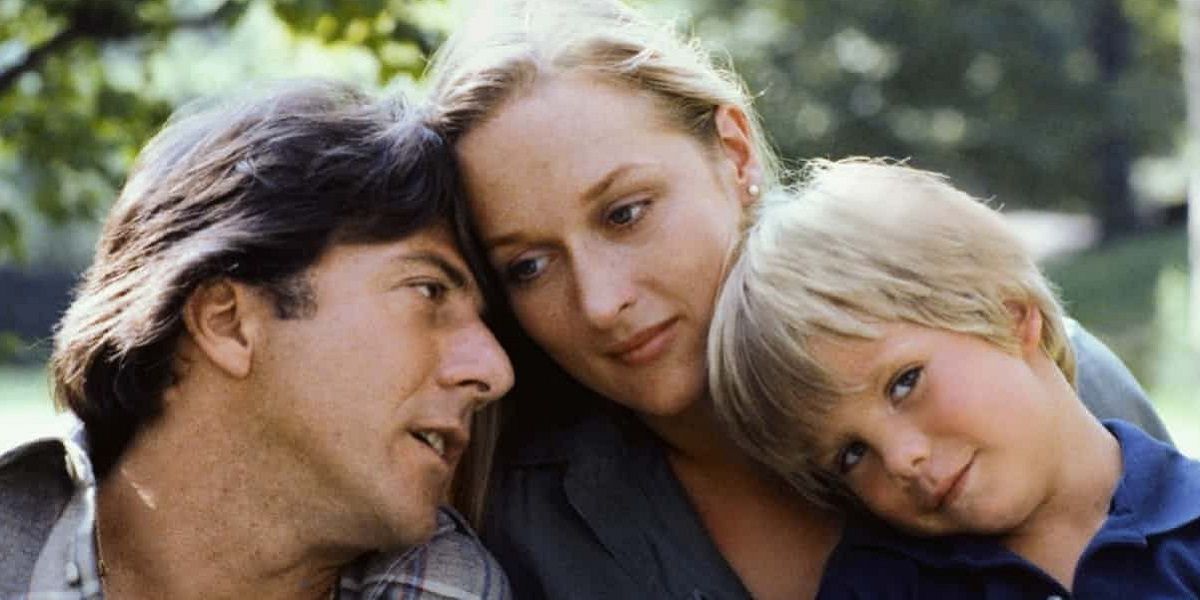
Once Joanna returns, Kramer vs. Kramer wastes no time in pitting Ted and Joanna against each other in a courtroom. The courtroom scenes are when Streep shines, managing to make a character who is absent for the bulk of the film relatable if not sympathetic.
Joanna has a narrow window to gain the audience's affection. A woman abandoning her son is unforgivable. She's unhappy, she fixes it, she comes back and is vilified for it, and maybe she should be. But viewers don't see her during those 15 months. She's culpable, but she also sees her emotional issues myopically as primarily Ted's fault.
4 4. Marriage Story: Shields Child From The Conflict
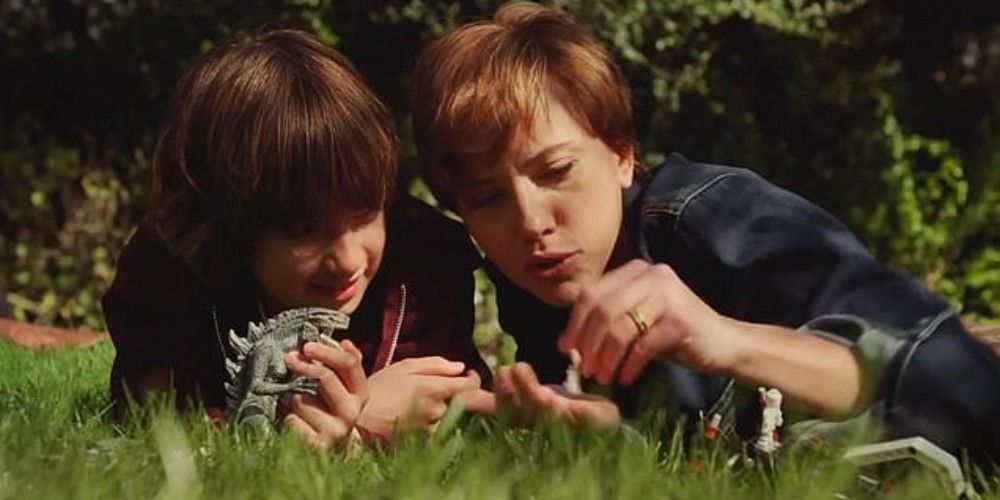
The interactions between Charlie and Henry are limited because of the circumstances, and Henry seems largely unaffected throughout the movie by what's happening to him. He occasionally voices the observation that Charlie isn't around as much.
Nicole goes out of her way to cushion her son from any discomfort. Much of her behavior could be construed as bribery, but she's also just present, and Henry responds in kind. At the end of Marriage Story, Charlie notices pictures of him have been replaced, and the look on his face is that of a man who is forced to accept he's being erased from his own life.
3 Kramer: Gives Audience Happy Ending
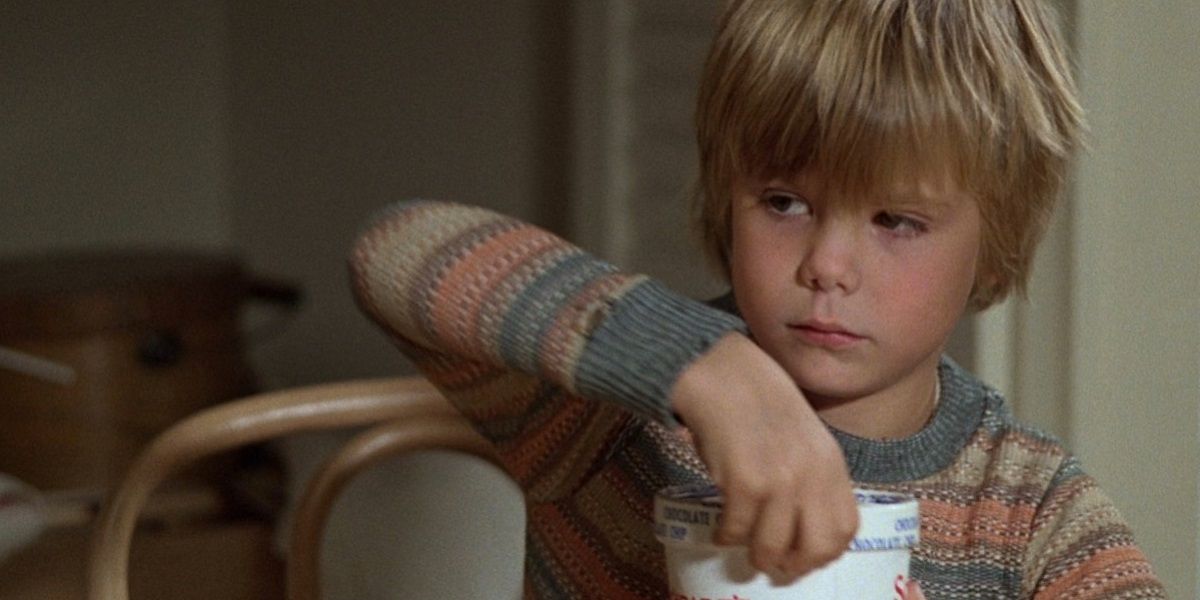
Joanna has this epiphany about her life which begets the determination to resume her role as a mother. Once she wins, she just gives Billy up. It reinforces the argument that she's indecisive and unable to see things through.
Joanna's last-minute change of heart is supposed to be interpreted as a mother making the ultimate sacrifice and doing what's best for her son. But she doesn't even ask Billy what he wants before, once again, deciding she's not it. The good guy wins. It's left up to the audience to decide if Billy winds up getting the best of both of his parents or not.
2 Marriage Story: The Emotional Drain Of Court Proceedings
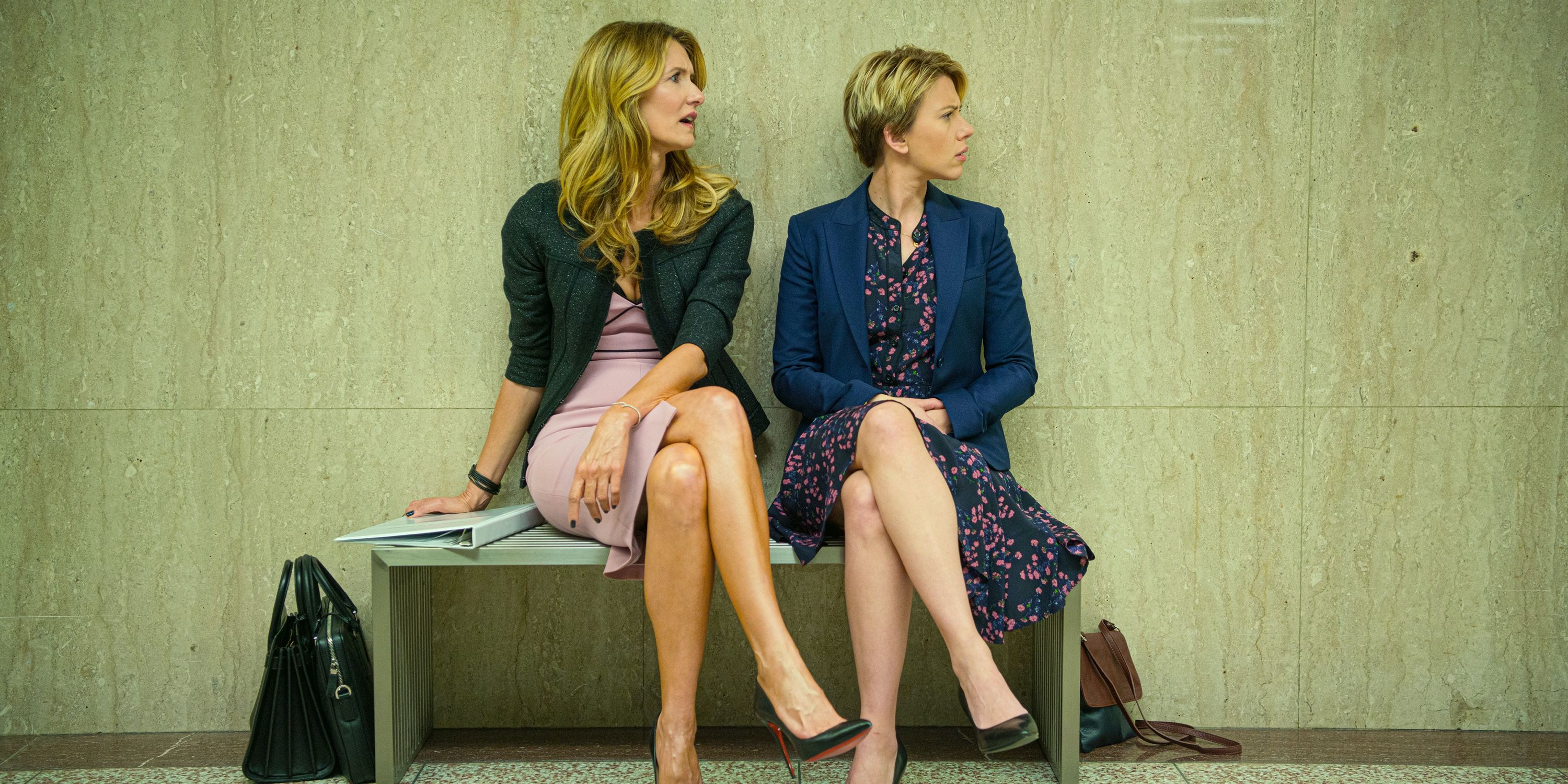
Ted receives an annotated version of what to expect when compared to Charlie's meeting with lawyers, but the message is the same: it's going to be a financially draining, hard-fought battle. But Hoffman and Streep are too polished: Kramer vs. Kramer plays out like countless courtroom dramas with each side getting in their licks but forced to take them as well.
Marriage Story takes the audience step by step through this emotionally-exhaustive process that begins when the couple vows to remain amiable: a promise that seems childishly naive in the aftermath. Driver and Johanssen look like two people who have no idea how to handle every action being scrutinized, watching or listening to others' interpretation of their marriage; their future decided by strangers.
1 Marriage Story: Makes Father More Tragic Figure
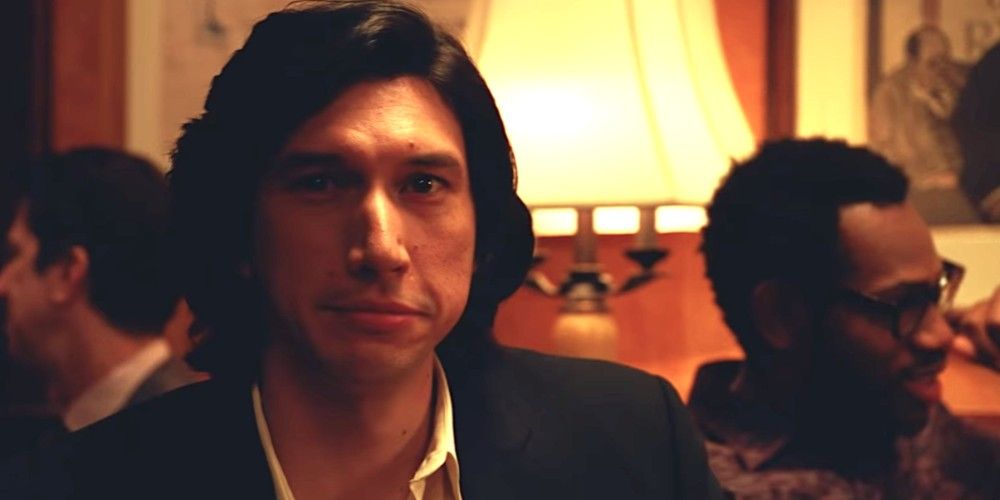
It's evident early on in Marriage Story that Charlie doesn't comprehend his life is about to collapse until the storm hits and levels everything he's built for himself. He sleepwalks through most of the process, awakening only to figure out he hit the snooze button on his personal life a few too many times.
It's debatable if he really wants Henry full-time or just wants his son to know he cared enough to try. Charlie and Nicole do manage to get to that amicable place they hope for, but it's bittersweet, mostly for Charlie. As he reads Nicole's list of things she loves about him, Charlie begins to cry. Charlie's mourning everything he's lost, including his marriage. It's hard to differentiate whether he's become beaten down or complacent: he spends so much time concerned about where he is, he misses the bigger picture of who he is.
from ScreenRant - Feed https://ift.tt/2LZqTDb

0 Comments